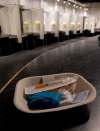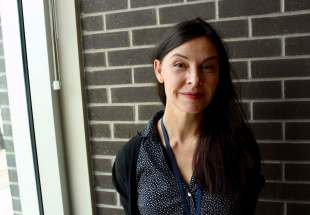WRHA-led group studying whether supervised drug-use sites needed
Read this article for free:
or
Already have an account? Log in here »
To continue reading, please subscribe:
Monthly Digital Subscription
$0 for the first 4 weeks*
- Enjoy unlimited reading on winnipegfreepress.com
- Read the E-Edition, our digital replica newspaper
- Access News Break, our award-winning app
- Play interactive puzzles
*No charge for 4 weeks then price increases to the regular rate of $19.00 plus GST every four weeks. Offer available to new and qualified returning subscribers only. Cancel any time.
Monthly Digital Subscription
$4.75/week*
- Enjoy unlimited reading on winnipegfreepress.com
- Read the E-Edition, our digital replica newspaper
- Access News Break, our award-winning app
- Play interactive puzzles
*Billed as $19 plus GST every four weeks. Cancel any time.
To continue reading, please subscribe:
Add Free Press access to your Brandon Sun subscription for only an additional
$1 for the first 4 weeks*
*Your next subscription payment will increase by $1.00 and you will be charged $16.99 plus GST for four weeks. After four weeks, your payment will increase to $23.99 plus GST every four weeks.
Read unlimited articles for free today:
or
Already have an account? Log in here »
Hey there, time traveller!
This article was published 03/07/2018 (2721 days ago), so information in it may no longer be current.
The provincial government hasn’t swayed from its refusal to introduce supervised-injection sites in Winnipeg, but that hasn’t stopped an independent coalition of health workers and advocates from determining whether there’s a need for such facilities.
Safe- or supervised-injection sites — hygienic, decriminalized locations where users can take illegal drugs under supervision from medical professionals — already exist in Toronto and Vancouver. However, Manitoba’s Progressive Conservative government has consistently rejected the notion here, citing a lack of evidence indicating they are needed.
A new Winnipeg Regional Health Authority-led group is now going to research whether drug-consumption spaces are needed in the city, thanks to a $15,000 grant from the Canadian Research Initiative in Substance Misuse (CRISM).
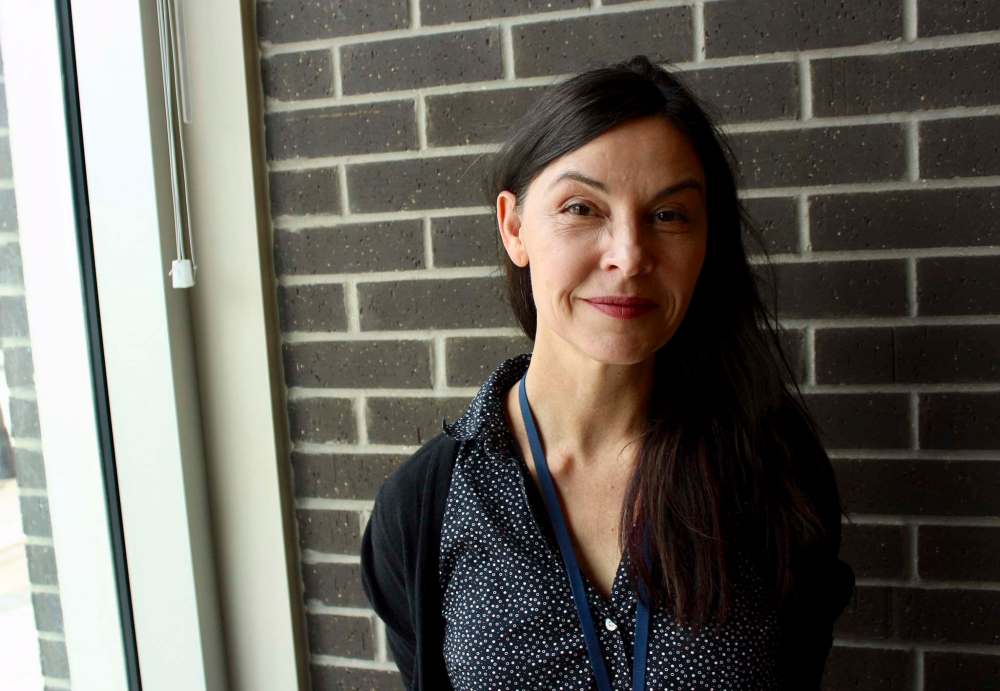
“The government has looked at the existing evidence. They haven’t produced new evidence. So looking at the existing evidence, they’ve said it’s not a clear indication,” said Shelley Marshall, a clinical nurse who’s representing the WRHA in the independent study group.
The group includes 16 agency partners, among them Aboriginal Youth Opportunities, Sunshine House and the Main Street Project.
“We have a responsibility to ask the question about what can we do to help people who use drugs,” Marshall said. “A lot of people are expressing opinions, but nobody’s meaningfully engaged with people who use drugs and said, ‘What would you value?’”
According to a Free Press-Probe Research poll, 69 per cent of 600 Winnipeg adults surveyed said they would generally support the introduction of a safe-injection site in the city. Marshall said she found the results interesting, but would rather hear directly from people who use drugs, not the general public.
Her research group will be asking those directly affected by drug use to participate in three feedback sessions (two in August and one in September), as well as interviewing members of front-line agencies about their thoughts on the viability of safe-consumption sites locally.
Ultimately, the group may discover that developing housing for chronic drug users is more important than opening a safe-consumption site, Marshall said, adding the group plans to release its findings before the end of the year.
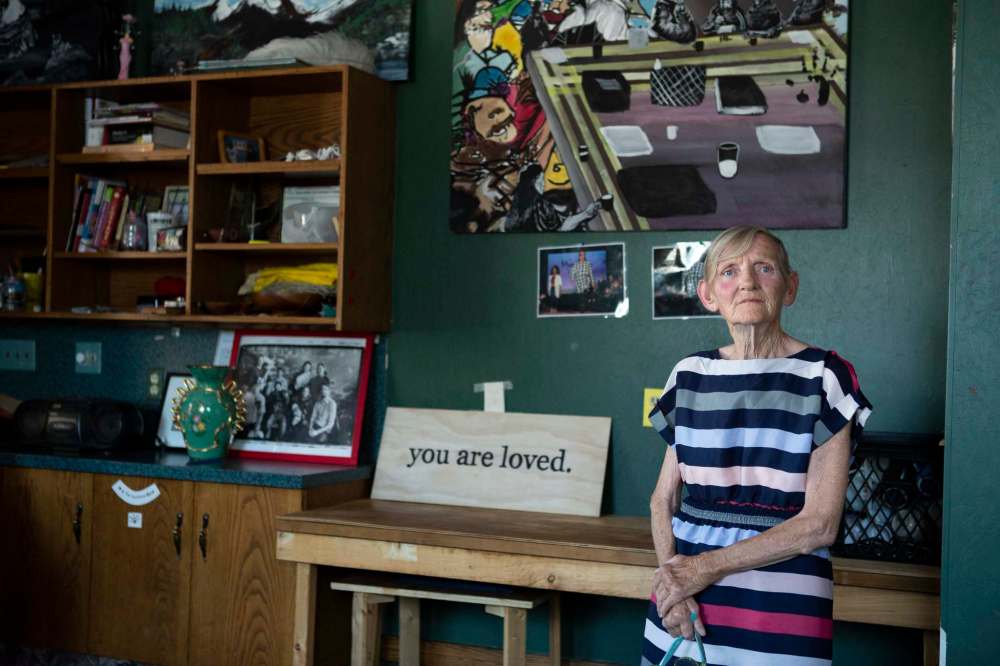
Margaret Ormond, executive director of community drop-in and resource centre Sunshine House, is part of the study group, which is still in its early stages.
“There are some questions that need to be answered,” Ormond said. “What would be the goal of a safe-use site? What would be goals, given the complex picture of drug use in Manitoba? What would it look like?”
After the group conducts interviews, it will compile and analyze its research, then discuss who should receive the findings, she said.
“At this point, there is lots of testimonial information, a little bit of demographic information, but there’s not really any hard data… I think what we’re trying to do is provide some of that,” she said.
Rick Lees, executive director of the Main Street Project, is also looking forward to the study’s results. He said what often gets lost in the discussion about safe-consumption sites is the notion they can also save governments money.
“So, if you don’t want to do it because it’s the right thing to do (and) because it saves peoples’ lives and you’re more of an economist, it saves the health system millions of dollars in terms of (treating) transmittable diseases that happen through the exchange of dirty needles (and) from overdosing and death from not knowing what’s in drugs. So it has both an economic and a social benefit,” he said.
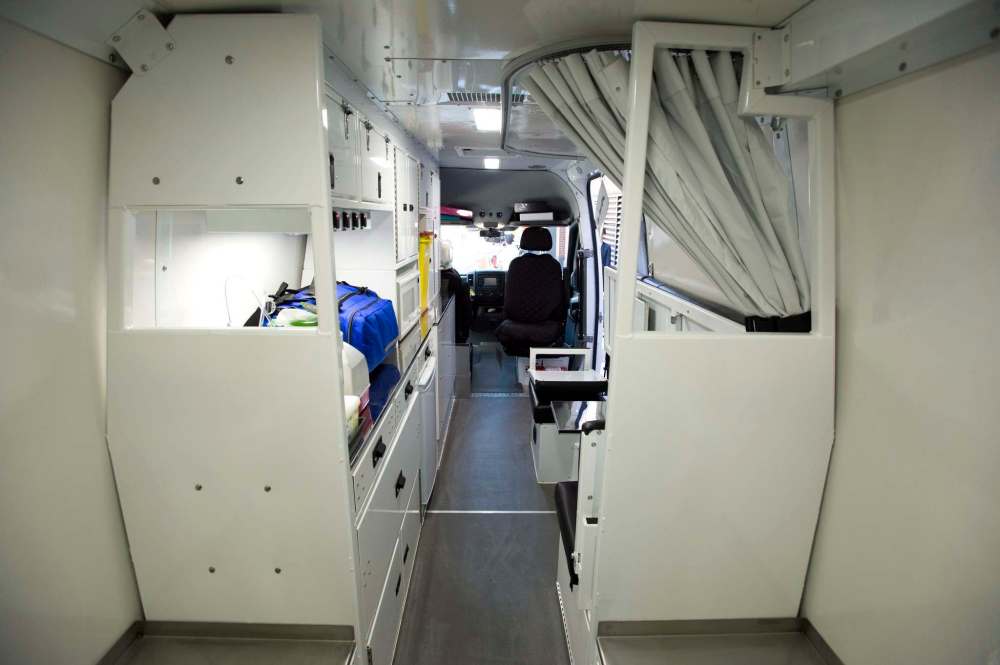
Nearly 4,000 Canadians died from apparent opioid overdoses in 2017, the majority being related to fentanyl poisoning. That was about 1,000 more than in 2016.
maggie.macintosh@freepress.mb.ca
jessica.botelho@freepress.mb.ca
What are these places?
“Supervised consumption services (SCSs – also called safe injection sites or drug consumption rooms) provide hygienic and decriminalized environments in which people who use drugs can use consume (primarily inject) illegal drugs under the supervision of a health care professional, a trained allied service provider, or a peer (i.e., person who formerly used or currently uses illegal drugs), without the risk of arrest for drug possession.”
Source: Winnipeg Regional Health Authority
What the candidates say
The Free Press asked the four candidates running in the St. Boniface byelection whether they supported safe-injection sites in Winnipeg and whether they would approve of such a project developing in their own riding.
Green party candidate Françoise Therrien Vrignon and Liberal Dougald Lamont both said they support development of safe-injection sites, but don’t think St. Boniface would necessarily be the best place to build the first one.
“As a person who lives in St. Boniface, and has cleaned up used needles in our public spaces, I stand in support for strategies addressing public health, and I stand in support with families and individuals dealing with addiction,” Therrien Vrignon said, noting location ought to be discussed with community health organizations such as the Main Street Project.
She also pointed to mobile clinic options, such as those in Toronto, as a possible option for Winnipeg.
Lamont said building a safe-injection site at the Main Street Project would “probably be the logical place to start, though they would require additional funding for nurses.”
He also noted while such sites may help intravenous drug users get access to rehabilitation treatment, they may not help those addicted to methamphetamine, one of the most dangerous and widely used street drugs in the province.
“We need drug-stabilization units with housing, mental-health supports and we need prevention,” Lamont said.
NDP candidate Blandine Tona said the NDP has been pushing for a safe-injection site since January.
“Families with loved ones struggling with addictions want resources and they deserve a government that listens to their needs. Decisions on locations should be based on evidence, not ideology,” Tona said.
“The evidence shows that safe-injection sites reduce rates of overdoses and overdose-related deaths. They improve public safety and connect people to addiction programming.”
PC candidate Mamadou Ka was the lone dissenter opposing safe-injection sites — at least for the time being. He signalled openness to hear more on the topic.
“We are committed to working to reduce addictions based on evidence that determines what is the best use of our resources to do the greatest good. To this point, we have not seen evidence that a safe-injection site is the most effective use of resources to accomplish that,” Ka said.
“However, we are open to the conversation and will continue to make decisions based on evidence. An example is the study WRHA is conducting on the prospect.”
— Jessica Botelho-Urbanski

Maggie Macintosh reports on education for the Winnipeg Free Press. Funding for the Free Press education reporter comes from the Government of Canada through the Local Journalism Initiative.
Our newsroom depends on a growing audience of readers to power our journalism. If you are not a paid reader, please consider becoming a subscriber.
Our newsroom depends on its audience of readers to power our journalism. Thank you for your support.

